
Hydrogen Fuel Cell Vehicles in India
Hydrogen fuel cell vehicles show promise for sustainable transport in India. Challenges include infrastructure and cost, but the industry anticipates growth.

Hydrogen fuel cell vehicles show promise for sustainable transport in India. Challenges include infrastructure and cost, but the industry anticipates growth.
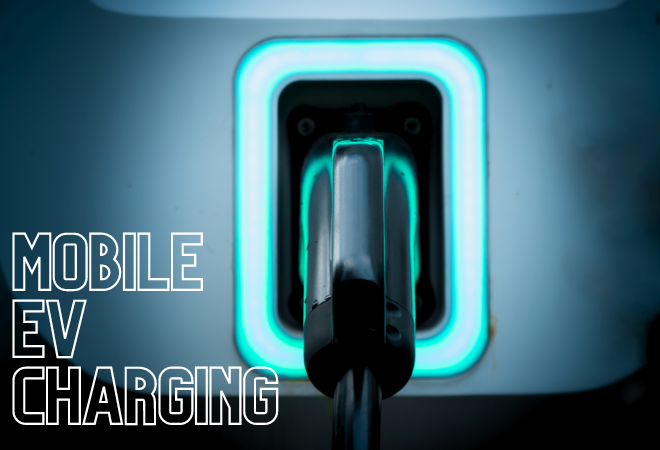
Mobile EV Charging brings convenience with flexible charging options, reducing range anxiety and offering on-the-go charging solutions.

1 Charging’s EV Management System streamlines operations with major brand compatibility, industry protocols, and 24/7 support for efficient charging in India.
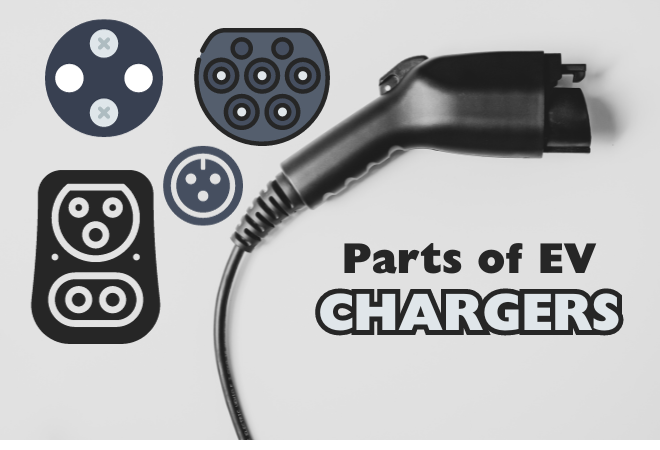
Electric vehicle chargers have key parts: power supply, connectors, cables, safety board, and smart features. These ensure safe and efficient charging.
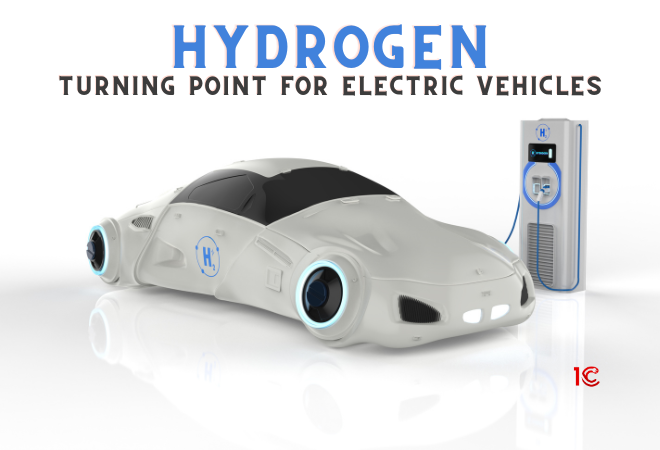
In 2024, India sees a rise in hydrogen vehicles, backed by government support and industry collaboration, offering environmental benefits and diverse applications.

Internal Combustion Engines power vehicles but emit pollutants. In Electric Vehicles, they act as range extenders, balancing efficiency with environmental concerns.
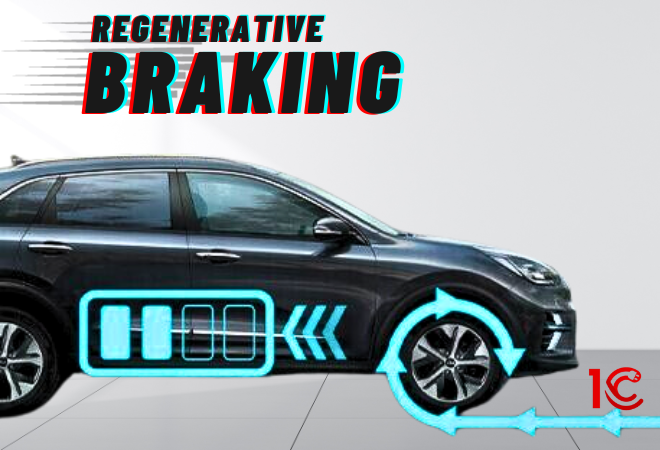
Regenerative braking in electric cars recycles braking energy, boosting efficiency and extending range. A smart tech, yet with some limitations
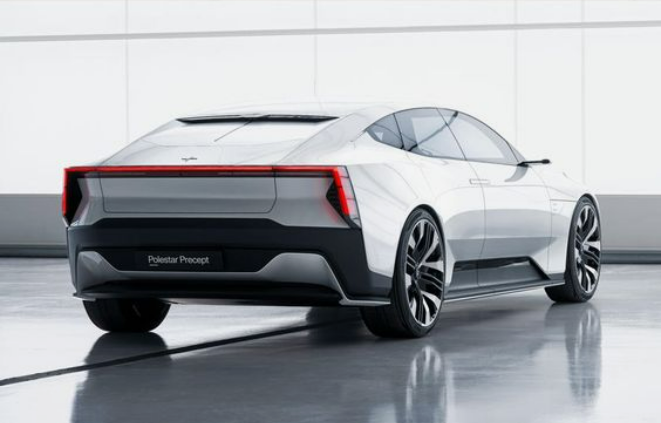
Electric vehicles use lithium-ion batteries, produce zero tailpipe emissions, but face challenges like limited charging, cost, and battery degradation.
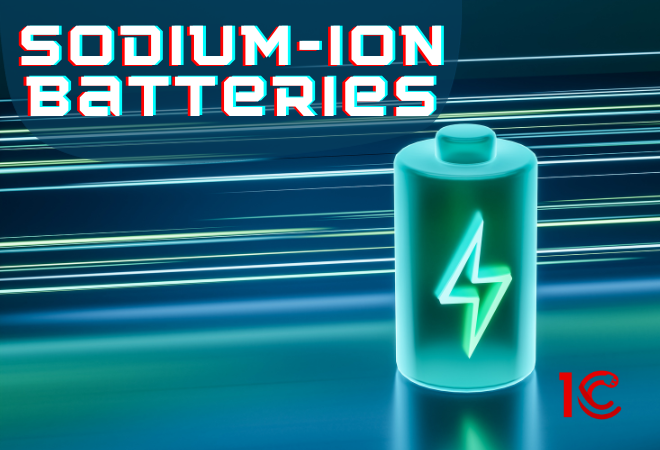
Top Sodium-ion battery makers in India: Faradion, AGM Batteries, NGK Insulators. Safer than lithium-ion, 30% cost savings for EVs, vital for renewable energy storage.

India moves toward electric vehicles, but challenges persist. Progress is seen, but readiness for 2024 requires ongoing work on infrastructure, cost, and awareness.
Managed and owned by Massive Mobility Pvt. Ltd.,
Plot No. 2, Spring House Coworking, third floor, Sector-43, Gurugram, Haryana – 122002.
© 2024 Massive Mobility Private Limited. All rights Reserved